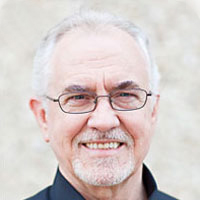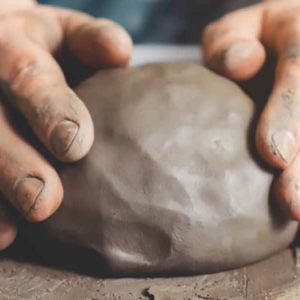When it comes to following and obeying Jesus, it sometimes takes time to clarify exactly what that means. With 2,000 years of history and church traditions, there is a very real need to rethink, re-evaluate and rediscover the most important thing about what it means to follow Jesus.
In other words, what is the essence of being a disciple of Jesus, and being a disciple maker?
Our very best source for knowing and understanding what it means and how we are to follow Jesus, is Jesus Himself. When we focus on the clear, plain instructions from Scripture, it can help us simplify what God requires of His people. It is the life, Spirit and teachings of Jesus that are the foundation of being a disciple and making disciple. Recognizing that the same Spirit that lived in Jesus then, now live in each of us, as His followers. He is the master communicator, trainer and disciple maker; and He lives in us to carry out that purpose.
Many of the rules, practices and traditions that have accumulated over the centuries have sometimes obscured the essences of disciples, disciple making and even the gospel. Much of the teachings in the modern Western Church (especially over the past 500 years) is somewhat limited in terms of reproducibility to the rest of the world. This is why the methods of Oral Disciple Making, and the concepts, principles and practices of Orality are so important.
Communicating to Every Person
What we are learning in the Orality Movement, that has emerged over the past 40 years, is the value of getting back the roots – the first principles — of the Church. When Jesus gave us His commission to communicate the Gospel to every person, and make disciples of all people groups, that mandate included those who have no written form and those who have no Scripture in their own language. This is where Oral Disciple Making methods and strategies is so important.
While I avoid arguing over the difference in the terms discipleship and disciple making, there really is a difference in many cases. Over the years I have asked people what they mean by discipleship. So often the answer relates to some kind of class, a program or curriculum. When in fact, perhaps the important question is, what did Jesus mean when He said, “Make disciples of all nations (people groups)? What did He mean when He said, “Follow me and I will make you fishers of men”?
Simple and Reproducible
One of the many lessons we are learning from the rapidly reproducing disciple making and church planting movements is the value of simple and reproducible. Simple does not mean simplistic, but rather what is the essence of the Great Commission, of communicating the Gospel and making disciples from a biblical context? Actually, in our modern Western, post-reformation church world with many difference denominational traditions, following Jesus has become much more complicated than it was in the Early Church.
In the Orality Movement that has emerged over the past 40 years, we have had to rethink many of our modern, Western, text-based methods of communication and instruction. If we are going to be relevant to the unreached people groups, with many of those being in Oral Cultures, it is important to think about how they best learn, communicate and process information. This is what makes Oral Disciple Making so strategic in terms of completing the Great Commission.  However, with many Oral Preference Learners, even in the so called developed world, we realize the universal applications of Oral methods.
However, with many Oral Preference Learners, even in the so called developed world, we realize the universal applications of Oral methods.
Jerry Wiles is President Emeritus of Living Water International and serves on the advisory council and leadership team of the International Orality Network. He can be reached at: [email protected].
« Dawro Full Bible Production ION Africa Consultation, 26-30 Nov 2018 »










